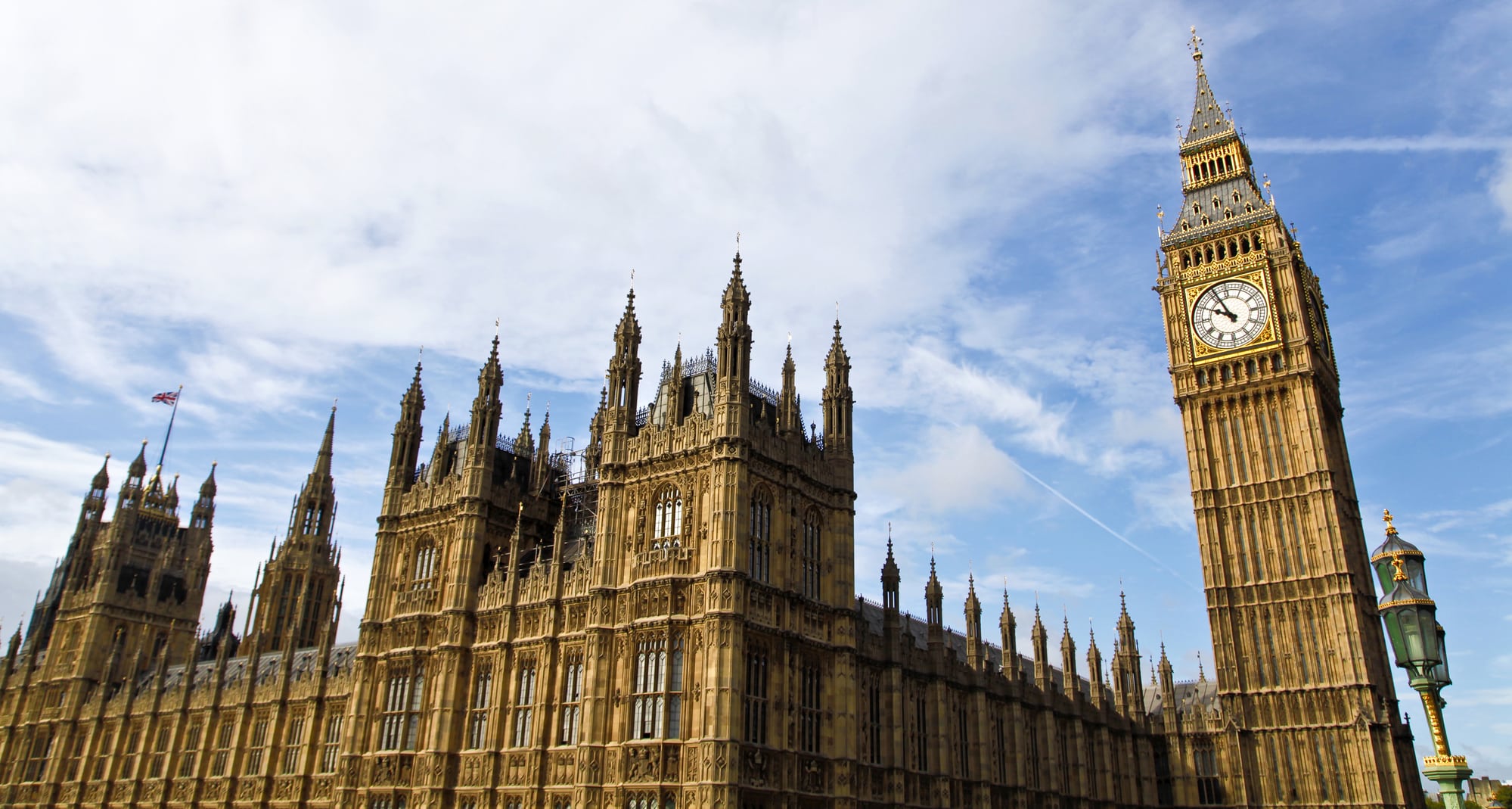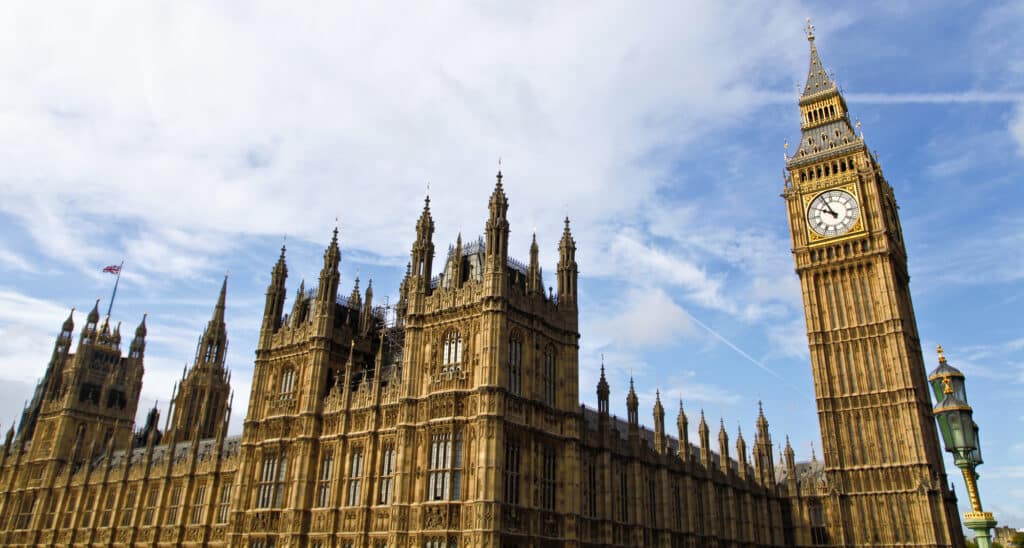Ethics versus Compliance – London debate
Business Ethics Debates | read time: 3 min

After a brief reminder of the meaning of Ethics and Compliance, GoodCorporation’s guest speaker went on to suggest that there is a tendency to separate the two into distinct business areas; ethics leans towards corporate responsibility, while compliance focuses on legal obligations. Albert Camus once said; “Integrity has no need for rules”, but can you run an ethical company without rules? Camus’ principles are clearly based on trust, but how far can and should a business trust its employees? Can we base corporate behaviour on trust and do away with the rules?
While compliance, by necessity, focuses on the rules, to ensure that it isn’t just a box-ticking exercise, it needs an ethical direction that gives a more long-term view for the business. Compliance, it was said, deals with the rules as they exist today – what a business needs to do in the here and now; whereas ethics looks both forwards and backwards. What is needed, it was suggested is a helicopter view that brings the two together as both are needed to make a company run smoothly. Being good is good business.
Compliance and ethics, our speaker urged, need to form part of the DNA of a company and be driven from the top. Looking forward, we need to ask, not just how can we ensure ethical behaviour in business, but how can we raise the bar across corporates and across industries? How can we train the leaders of tomorrow to ensure that they will deliver?
Those present were asked if they felt their organisations were moving away from compliance and towards ethics or vice versa, with the majority voting for a move towards ethics.
It was suggested that some organisations were afraid of the ‘E-word’, so focused on compliance as it could reliably be left in the safe hands of the legal department. Compliance also deals with the compulsory; businesses have to have it. It creates a reference point and is easily measured, whereas for some, ethics is too amorphous. In many businesses and industries therefore, compliance comes before ethics.
However, in a number of industries, there has been a move away from rules based to principles based regulation and with that there has been a shift towards ethics and integrity.
As organisations become more global, inculcating a set of values and a strong code of conduct will be increasingly vital. These values will need to permeate the whole organisation on a global scale or businesses face the prospect of reputational damage. Consequently, it will become ever more important for businesses to base their decision making on what is right, fair and proper. If ethical behaviour is instilled throughout organisations, businesses will become more compliant as ethical corporate conduct it was felt, leads to greater compliance.
To achieve this, it was suggested that ethics should focus on the tone at the top, the murmuring in the middle and the babble at the bottom of every organisation. The CEO must be on the ethics committee and people should be encouraged to ask the right questions. In doing so more businesses will put the E (ethics) before the C (compliance). Some felt this was already happening.
Businesses clearly need both ethics and compliance. They are not two separate silos, but should be part of the same goal. Nor should one be considered superior to the other. Ethical values should inform all decision making, be part of everything a company does, while compliance ensures all legal and regulatory requirements are met. We have seen from industries such as financial services that compliance alone doesn’t work.
The key ethical question for businesses is “how do you behave when no one is watching?” The debate concluded that businesses must comply with legislation while basing their decision making on ethical values. By embedding the right way of working across all departments businesses can ensure the right behaviour at all times.
GoodCorporation Business Ethics Debate November 2011
work with us